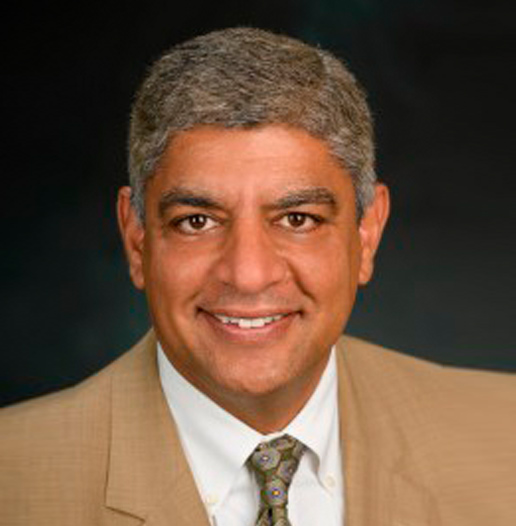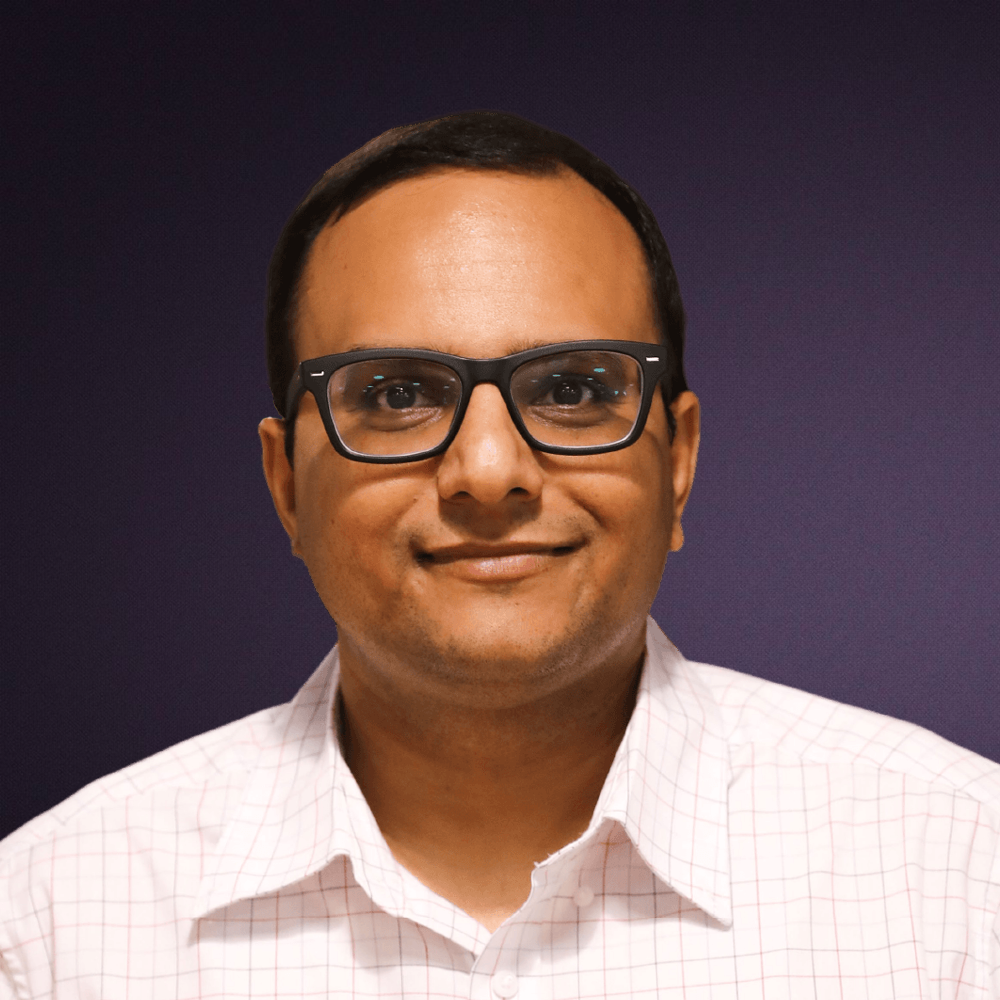Applying Systems Engineering to Acquisition
Experts from across the Systems Engineering Research Center (SERC) presented their expertise at the 20th Annual Acquisition Research Symposium on May 10-11. The event was hosted in Monterey, California, by the Naval Postgraduate School (NPS), a SERC collaborating university.
The symposium gathers a broad audience of researchers from academia, government policy makers, and industry practitioners for numerous presentations and panel discussions. The keynote speakers were William LaPlante, Under Secretary of Defense for Acquisition & Sustainment, and Nickolas Guertin, Director, Operational Test & Evaluation, Office of the Secretary of Defense.
“The Naval Postgraduate School is an important partner for our work in the SERC and in the Acquisition Innovation Research Center (AIRC),” said SERC and AIRC Executive Director Dr. Dinesh Verma. “Every year, the Acquisition Research Symposium is an excellent setting for us to present our research on defense acquisition, digital engineering, modeling, and many other technical areas.”
SERC researchers contributed toward several of 24 topical sessions. In the session on “Leveraging Digital Engineering in Acquisition,” David Long (Stevens Institute of Technology) of the SERC Advisory Board presented research he conducted with Dr. Nicole Hutchison (Stevens Institute of Technology) on “Exploring Program Archetypes to Simplify Digital Transformation.” Additionally, three members of the SERC Research Council – Dr. Peter Beling (Virginia Tech), Dr. Laura Freeman (Virginia Tech) and Dr. Jitesh Panchal (Purdue University) – collaborated with Dr. Paul Wach (Virginia Tech) on “Digital Engineering Enhanced T&E of Learning-Based Systems.”
“The foundations for systems engineering related activities such as verification and validation (V&V) as well as test and evaluation (T&E) for learning-based systems (i.e., artificial intelligence and machine learning) are nascent,” Wach said. “The audience at the NPS symposium was pleased to see the SERC team advancing knowledge and the practice through digitally enabled means and sound theoretical foundations that provide quantitative mechanisms for achieving confidence in success for missions that include learning-based systems.”
Panchal also collaborated with SERC Chief Scientist Dr. Dan DeLaurentis (Purdue University) to present “Decision Making for Additive Manufacturing in Sustainable Defense Acquisition” in the session on “New Tech in Acquisition: Additive Manufacturing and Artificial Intelligence.”
Another Purdue researcher, Dr. Cesare Guariniello, contributed to “Model-based Approach in Defense Portfolio Management: Data Preparation, Analysis, and Visualization of Decision Spaces” in the session on “Perspectives on Portfolio Management.” That session also included a presentation on “Joint All-Domain Command and Control (JADC2) Opportunities on the Horizon” produced by Dr. Verma, AIRC Chief Scientist Dr. Philip S. Antón (Stevens Institute of Technology), and Dr. Roshanak Nilchiani (Stevens Institute of Technology).
In the session on “Enhancing Decision Making,” Dr. Robin Dillon-Merrill (Georgetown University) contributed to “Calculating Return on Investment (ROI) in a Department of Defense (DoD) Context.”
“Our project focuses on the development, practical application, and implementation of an ROI model in a DoD context,” Dillon-Merrill said. “We see this model as a partial solution to a known communication issue within the DoD technology acquisition workflow. Specifically, we see the application of a prospective ROI model as an answer to the question: How do you explain to non-technologists why you need a specific software/service at a potentially higher initial cost versus the Lowest Price Technically Acceptable option?”
In the session on “Model-based Systems Engineering,” SERC CTO Tom McDermott (Stevens Institute of Technology) presented on “An Integration Framework for Digital Transformation of DoD Systems Engineering and Acquisition.” The session on “Digital Engineering in Test and Evaluation” included contributions from Dr. Craig Arndt on “Using Digital Twins to Tame the Testing of AI/ML and Adaptive Systems.”
Multiple SERC researchers contributed to “A Reference Architecture for a Policy Test Laboratory” for the session on “Acquisition through Modeling & Simulation,” including Dr. Zoe Szajnfarber (George Washington University) and Dr. William Rouse (Georgetown University) of the SERC Research Council and Dr. Alejandro Salado (University of Arizona).















